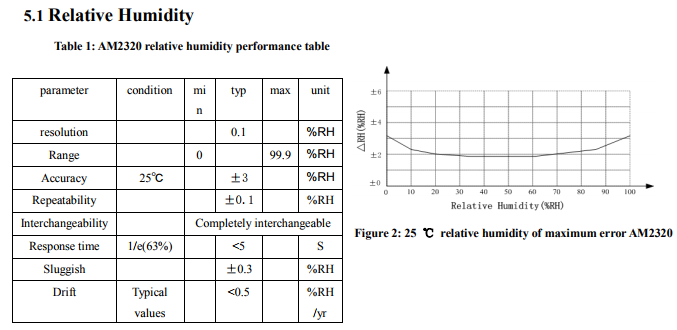I just had a new Carrier Infinity HVAC system installed in my home, which included the Infinity thermostat. I have a couple of old household thermometer/humidity gauges - one mechanical, the other electronic (a Radio Shack unit from perhaps 15 years ago). They don't quite agree on the humidity level in my home. For example, as I write this, Infinity says 45%, Radio Shack says 46%, mechanical says 65%. Subjectively, the air "feels" humid, making me inclined to believe the mechanical gauge over both the Carrier and the Radio Shack despite their close agreement. It matters to me because, among other things, I have solid hardwood floors and don't want to risk ruining them due either excess or inadequate humidity.
So, I have to ask: how accurate is the humidity sensor in the Infinity system i.e. +/- up to how many percentage points could it be in error from the true value?

